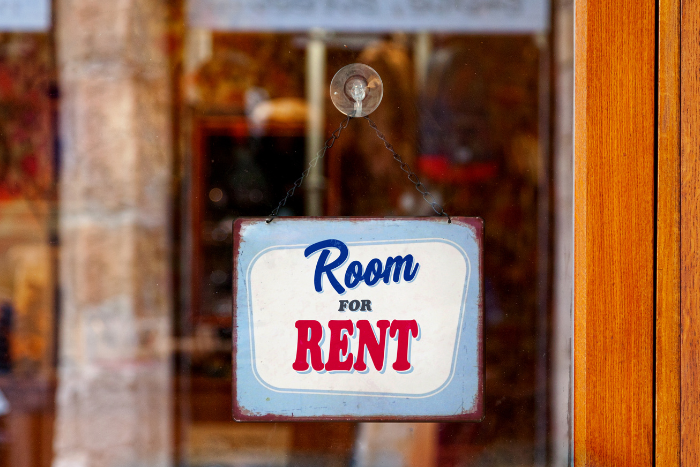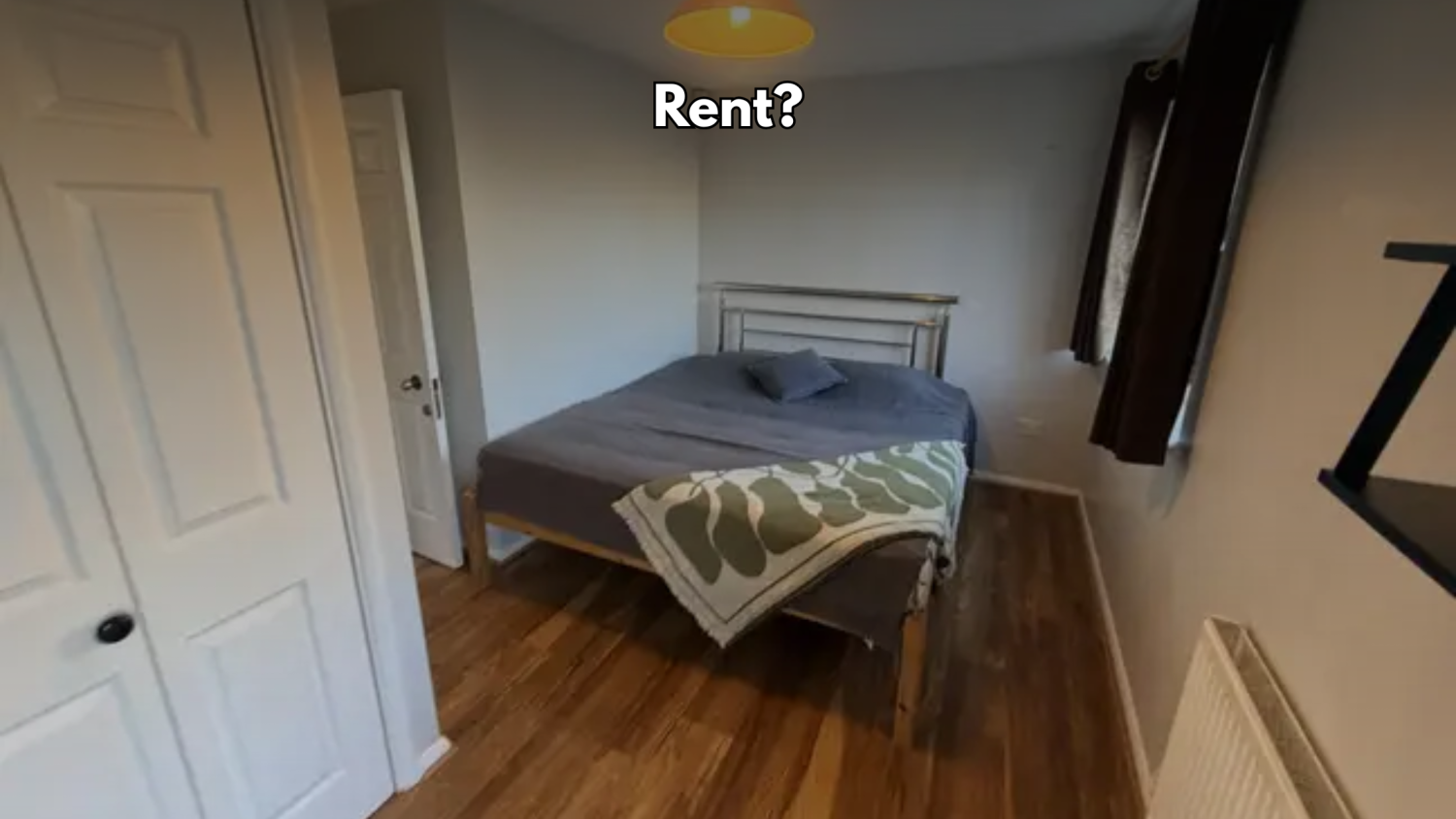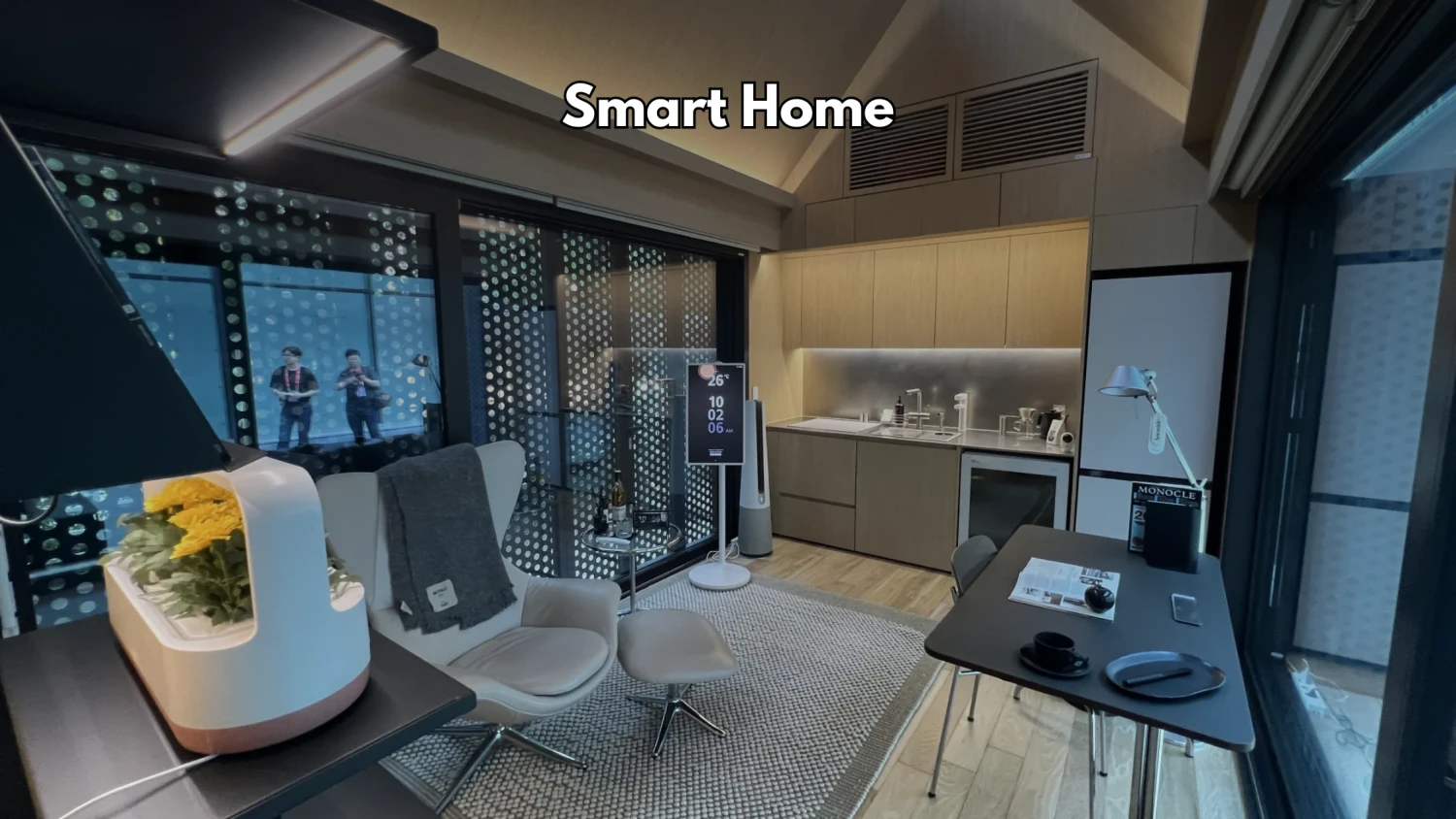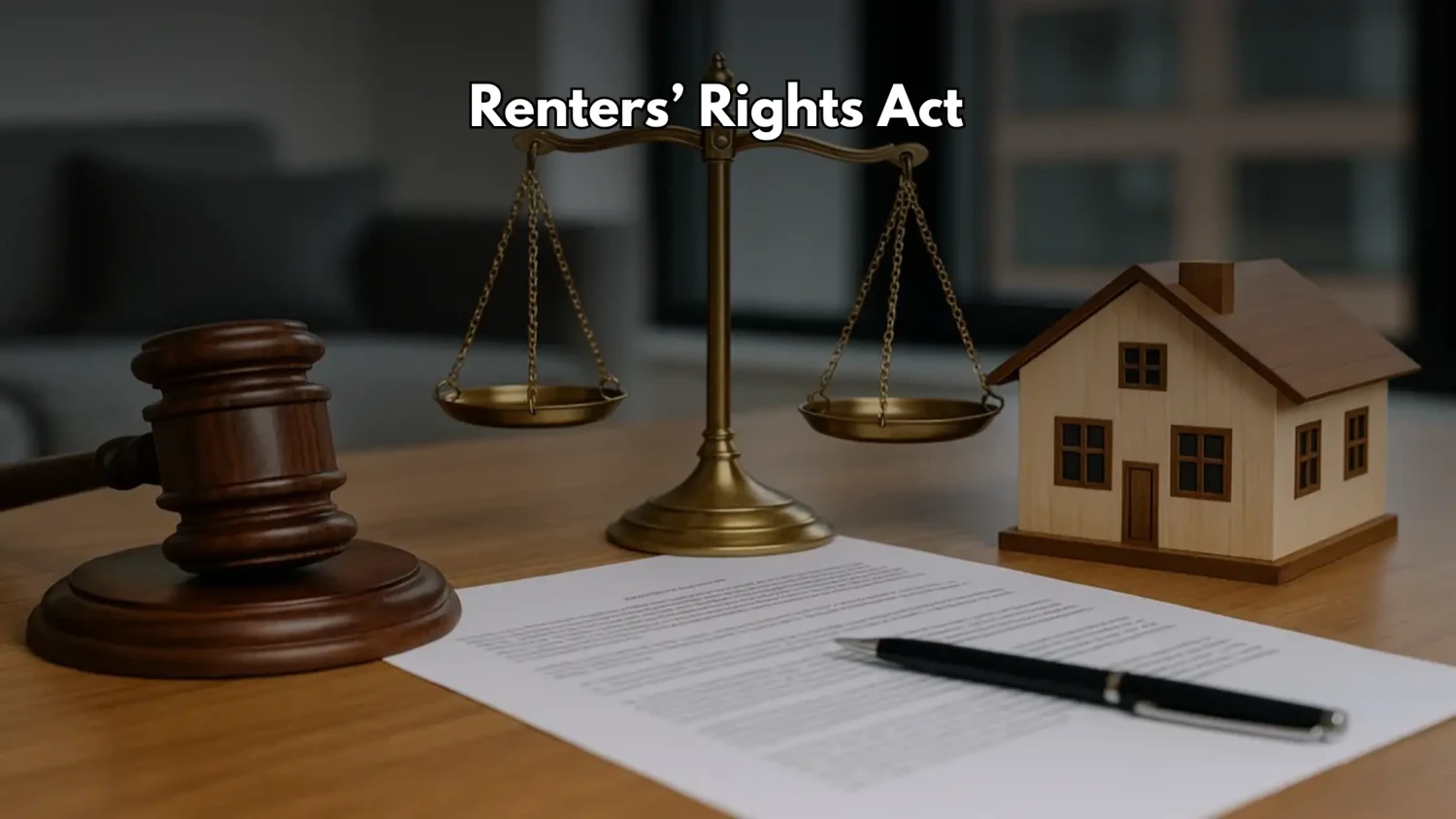
Looking for a room for rent in the UK? Whether you're a student, a professional, or someone in need of temporary accommodation, this comprehensive guide will walk you through the process of finding the ideal room to suit your needs. Read on to discover how to find the perfect room for rent in the UK.
Understanding the UK Rental Market: Choosing the Right Room for Rent
The Benefits of Renting a Room: Renting a room offers several advantages, especially for those seeking affordable and flexible accommodation options. Here are a few benefits to consider:
- Cost-Effectiveness: Renting a room is often more affordable than renting an entire apartment or house, allowing you to save money on housing expenses.
- Shared Expenses: Sharing the cost of utilities and other bills with roommates can further reduce your financial burden.
- Flexibility: Renting a room provides flexibility in terms of lease duration, allowing you to adapt to changing circumstances more easily.
- Social Opportunities: Living with roommates can offer opportunities for social interaction, making it a great choice for those seeking a sense of community.
Types of Accommodation Available: When searching for a room for rent, you'll come across different types of shared accommodation options. Some common ones include:
- Flat shares: In a flat share, you'll have your own bedroom while sharing communal areas like the kitchen and living Affordable room with other tenants.
- House shares: Similar to flat shares, house shares involve renting a room in a shared house, with shared facilities and common areas.
- Halls of Residence: Students often have the option to rent a room in university or college-owned accommodation, commonly known as halls of residence.
- Lodgings: Lodgings involve renting a room in someone's private home, where you may live with the homeowner or other tenants.
Popular Cities and Regions for Room Rentals: The UK offers a wide range of cities and regions with vibrant rental markets. Some popular destinations for room rentals include:
- London
- Manchester
- Birmingham
- Edinburgh
Factors to Consider When Choosing a Location: When selecting a location for your room rental, consider the following factors:
- Proximity to Work or Study: Choose a location that offers convenient access to your workplace, university, or college to minimize commuting time and costs.
- Amenities and Facilities: Check if the area has essential amenities such as grocery stores, public transportation, healthcare facilities, and recreational options.
- Safety and Security: Research the safety record of the neighborhood and consider factors such as well-lit streets and secure building entrances.
- Lifestyle and Atmosphere: Think about the kind of lifestyle you prefer, whether you're looking for a lively urban environment or a quieter suburban area.
Determining Your Affordability: Before starting your search, it's crucial to assess your affordability and set a budget for renting a room. Consider the following factors:
- Income: Calculate your monthly income after taxes and deductions. This will give you a clear picture of the funds available for rent.
- Expenses: Evaluate your current expenses, including bills, groceries, transportation, and other necessities. Deduct these expenses from your income to determine how much you can allocate towards rent.
- Financial Goals: Consider your long-term financial goals and savings targets. It's important to strike a balance between comfortable accommodation and saving for the future.
By understanding your financial capabilities, you can establish a realistic budget for your room rental.
- Additional Costs to Consider: When budgeting for a room rental, it's essential to consider additional costs that may arise. Here are some common expenses to keep in mind:
- Security Deposit: Most landlords require a security deposit, usually equivalent to one or two months' rent. Make sure to factor this into your budget, as you'll need to pay it upfront.
- Utilities: If you're renting a room with bills excluded, you'll need to budget for additional expenses such as electricity, gas, water, internet, and other utilities. Research average costs for these services in your area to estimate monthly expenses accurately.
- Council Tax: Depending on your circumstances, you may be liable for council tax. Check with the local council to determine your eligibility and any associated costs.
- Furnishing and Maintenance: Consider the costs of furnishing your room, including essential items like a bed, desk, and storage. Additionally, factor in any potential maintenance or repair costs that may arise during your tenancy.
Being aware of these additional expenses will help you create a comprehensive budget that covers all aspects of your room rental.
- Renting with Bills Included vs. Excluded: When searching for a room, you'll encounter options with either bills included or excluded. Here's what you need to know:
- Renting with Bills Included: Opting for a room with bills included means that the rent you pay covers utilities and other regular expenses. This type of arrangement provides convenience and predictability as you won't have to worry about separate bills. However, keep in mind that the rent for such rooms might be slightly higher to account for the included costs.
- Renting with Bills Excluded: If you choose a room with bills excluded, you'll be responsible for paying your share of the utilities and other associated costs separately. This allows for more flexibility in managing your expenses, but it requires careful budgeting to ensure you can comfortably cover the additional bills..
- Understanding Tenancy Agreements: Your Rights and Responsibilities as a Tenant
- Types of Tenancy Agreements: There are different types of tenancy agreements in the UK. The most common ones include:
- Assured Shorthold Tenancy (AST): This is the most common type of tenancy for private rentals. It provides certain legal rights and protections for both landlords and tenants, typically for a fixed term, such as six months or a year.
- Room-only Agreement: If you are renting a room within a shared property, you may have a room-only agreement. This agreement usually includes shared access to common areas like the kitchen and bathroom.
- License Agreement: In some cases, you may have a license agreement instead of a tenancy agreement. A license agreement typically grants you permission to occupy the room rather than providing full tenancy rights.
Understanding the type of agreement you have is essential for knowing your rights and obligations.
- Key Terms and Conditions: When reviewing a tenancy agreement, pay close attention to the following key terms and conditions:
- Rent Amount and Payment Schedule: Take note of the agreed-upon rent amount, the frequency of payments (e.g., monthly), and the accepted payment methods.
- Tenancy Duration: Understand the duration of the tenancy, including the start and end dates, and any provisions for renewal or termination.
- Notice Periods: Familiarize yourself with the notice periods required by both the tenant and the landlord for ending the tenancy.
- Maintenance and Repairs: Clarify the responsibilities for maintenance and repairs, including who is responsible for specific repairs and how they should be reported.
- House Rules: Take note of any specific house rules or restrictions, such as rules regarding guests, noise levels, or smoking.
- Termination Conditions: Understand the circumstances under which the landlord or tenant can terminate the tenancy agreement and the notice requirements.
- Deposits and Rent Payments: Deposits and rent payments are crucial financial aspects of your tenancy. Consider the following:
- Security Deposit: Understand the amount of the security deposit required, how it will be protected, and the conditions under which it can be withheld or returned at the end of the tenancy.
- Rent Payments: Clarify the accepted methods of rent payment, any penalties for late payments, and whether rent increases are permitted during the tenancy.
It's important to keep records of all rent payments and maintain open communication with your landlord regarding any financial matters.
- Tenant Rights and Responsibilities: As a tenant, you have certain rights and responsibilities that are protected by law. Some key rights and responsibilities include:
- Right to Quiet Enjoyment: You have the right to peacefully enjoy your rented accommodation without unnecessary interference from the landlord.
- Repairs and Maintenance: It is your responsibility to report any necessary repairs promptly, while the landlord is responsible for ensuring the property is maintained in a safe and habitable condition.
- Privacy: You have the right to privacy within your rented accommodation, and the landlord must provide proper notice before entering the premises.
- Compliance with Terms: It is your responsibility to adhere to the terms and conditions of the tenancy agreement, including paying rent on time, respecting house rules, and notifying the landlord of any changes or issues.
Understanding your rights and responsibilities will help maintain a harmonious relationship with your landlord and ensure a positive tenancy experience.
Frequently Asked Questions (FAQs)
Can I find short-term room rentals in the UK?
Yes, it is possible to find short-term room rentals in the UK. Some landlords offer flexible rental options, including weekly or monthly rentals, which are suitable for individuals who require temporary accommodation. You can search for short-term rentals on various online platforms, local classifieds, or through university and college accommodation offices.
Are bills usually included in the rent?
Whether bills are included in the rent varies depending on the rental agreement. In some cases, landlords may include utility bills (such as electricity, gas, water) and other services (such as internet) in the rent amount. However, it's important to clarify with the landlord or check the tenancy agreement to confirm.









